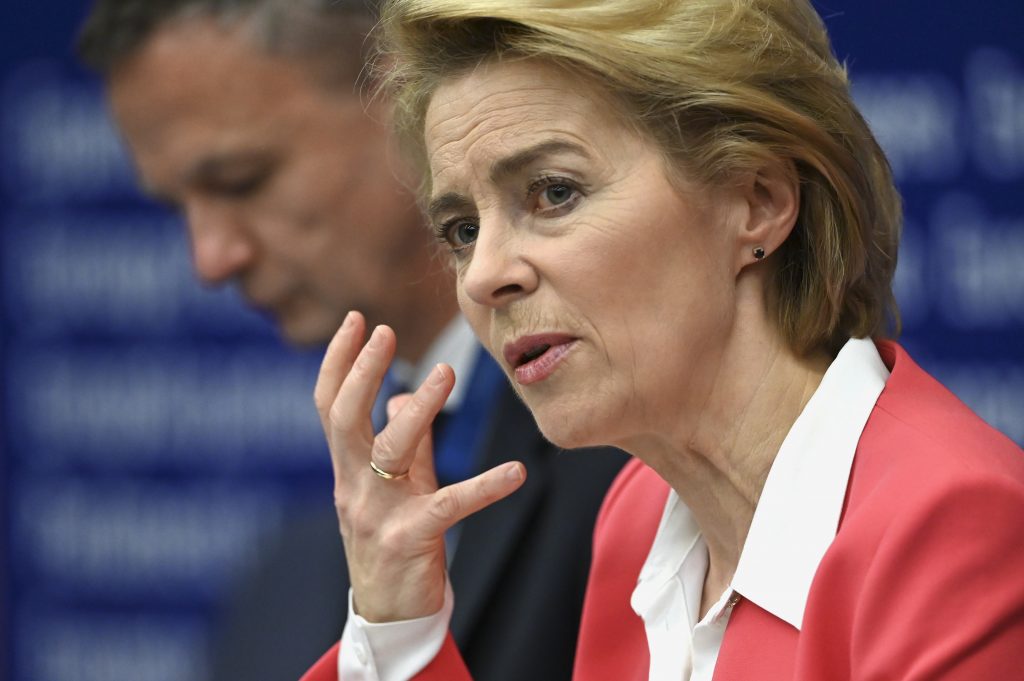
- ARAB NEWS
- 18 Apr 2024

Ursula von der Leyen formally becomes President of the European Commission on Sunday, after a month’s delay and a path to the post that was far from straightforward. She gave an impassioned speech last week in English, German and French, in which she envisioned Europe becoming the first continent with net-zero carbon emissions by 2050, achieved with a new “Green Deal.”
Her predecessor shared her climate vision, but Jean-Claude Juncker failed to implement it in the face of opposition from East European countries such as Poland, Hungary and the Czech Republic, which are reluctant to give up their coal. Von der Leyen’s climate plans include a fund for fair energy transition, opposed by several net contributors to the EU budget.
She will, though, have the support of the Left and the Greens, who persuaded the parliament to declare a climate emergency just in time for the 25th UN climate change conference in Madrid this week. She also has support from the new governor of the European Central Bank (ECB), Christine Lagarde, who has declared climate change one of her top priorities.
Other agenda points are migration, on which member governments again have opposing views. Even those with sympathy for more relaxed immigration policies continuously need to look over their shoulders at far-right opposition parties such as Germany’s AfD or France’s Front National.
There are also the woes of a slowing global economy hamstrung by trade wars. Germany only just avoided a technical recession in the third quarter, and the debt burden of Italy and France — which breaks ECB guidelines — is bound to be an issue at some point.
Ursula von der Leyen formally becomes President of the European Commission on Sunday, after a month’s delay and a path to the post that was far from straightforward.
Cornelia Meyer
Von der Leyen’s second big priority is digitization, and how to finance the roll-out of 5G connectivity. This is a particular dilemma for Germany — the posterchild of a successful industrialized economy, but globally only 38th for digital connectivity.
Another question is whether the EU should expand further, and, if so, how quickly; Macron recently put a spanner in the works of a quick accession for North Macedonia and Albania.
Juncker once said his job was the most difficult in the world, and he was already an EU insider (his successor is not) who did not have to contend with the fractured parliament facing von der Leyen; he had his detractors, but Juncker was an extraordinarily skilful operator on the European and international stages.
Outgoing European Council President Donald Tusk said in his valedictory speech on Friday that his five-year tenure had been dominated by crisis management: First Greece, then Ukraine, then migration, and finally the nightmare of Brexit. The future may not be much different for his successor, the former Belgian prime minister Charles Michel. The Juncker-Tusk duo was extraordinarily effective, and von der Leyen and Michel have big shoes to fill.
The EU’s problems have become neither fewer in number nor less urgent in nature. The deep divisions in the parliament further limit the leadership’s room for maneuver. The most difficult job in the world may just have become even more difficult.